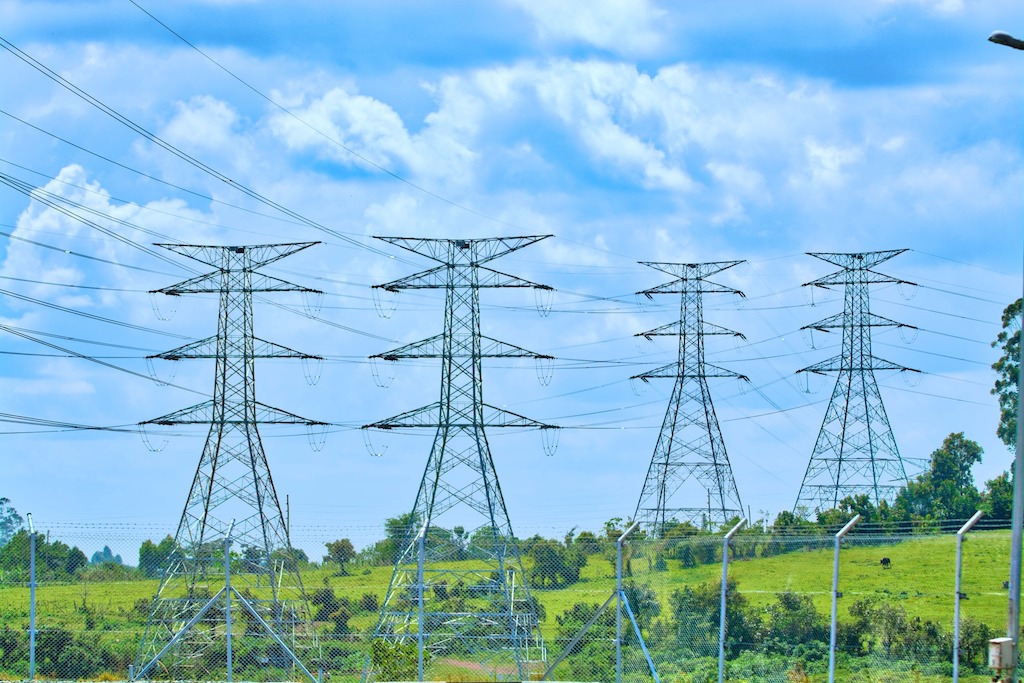When it comes to electricity, there is a common question among Ugandans, ‘why does Uganda export power to other countries when we need it here?’Well, we are part of the…
ENERGY SECURITY AND RELIABILITY: Why the Eastern Africa Power Pool is important for Uganda and the region’s competitiveness


